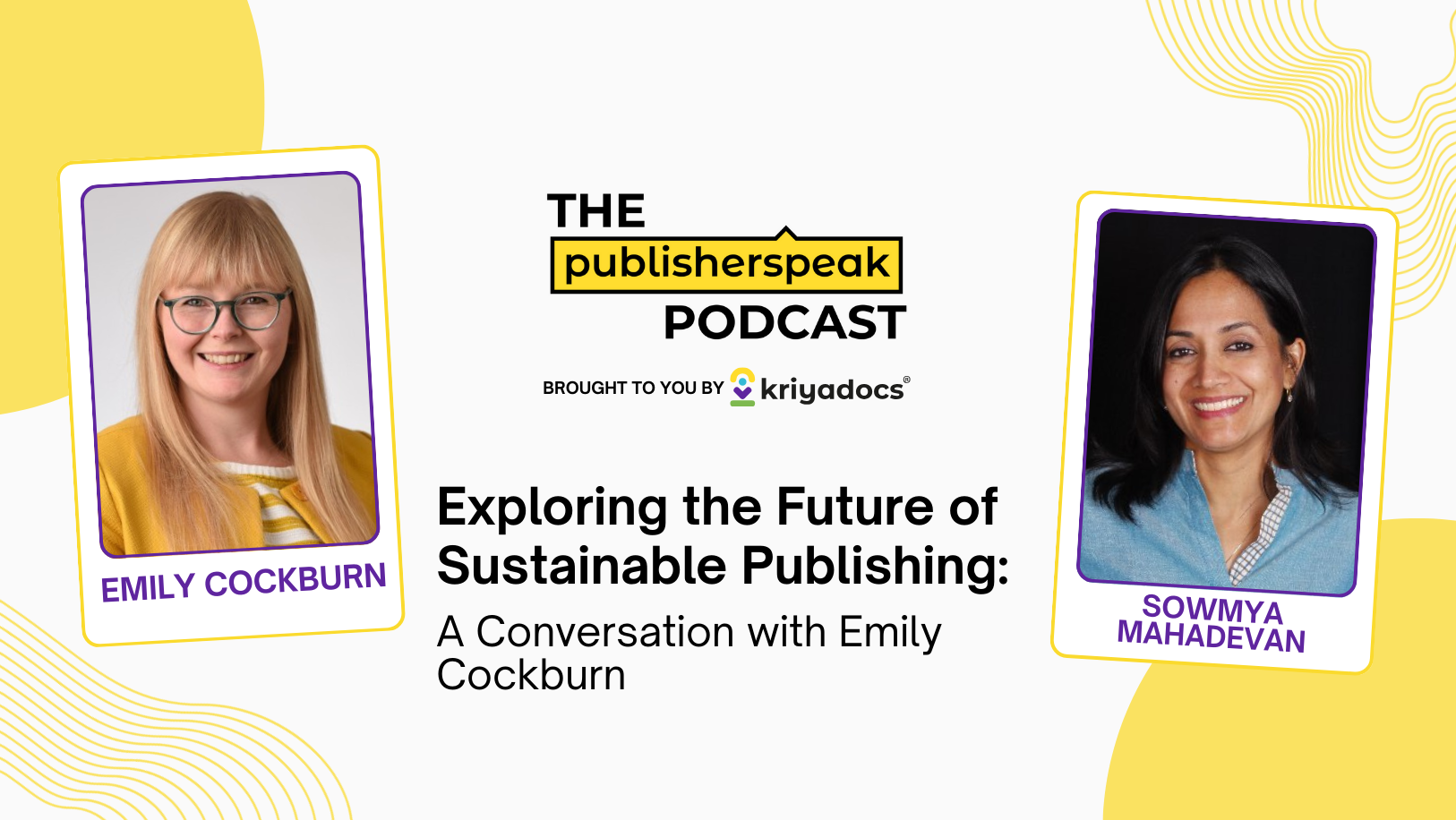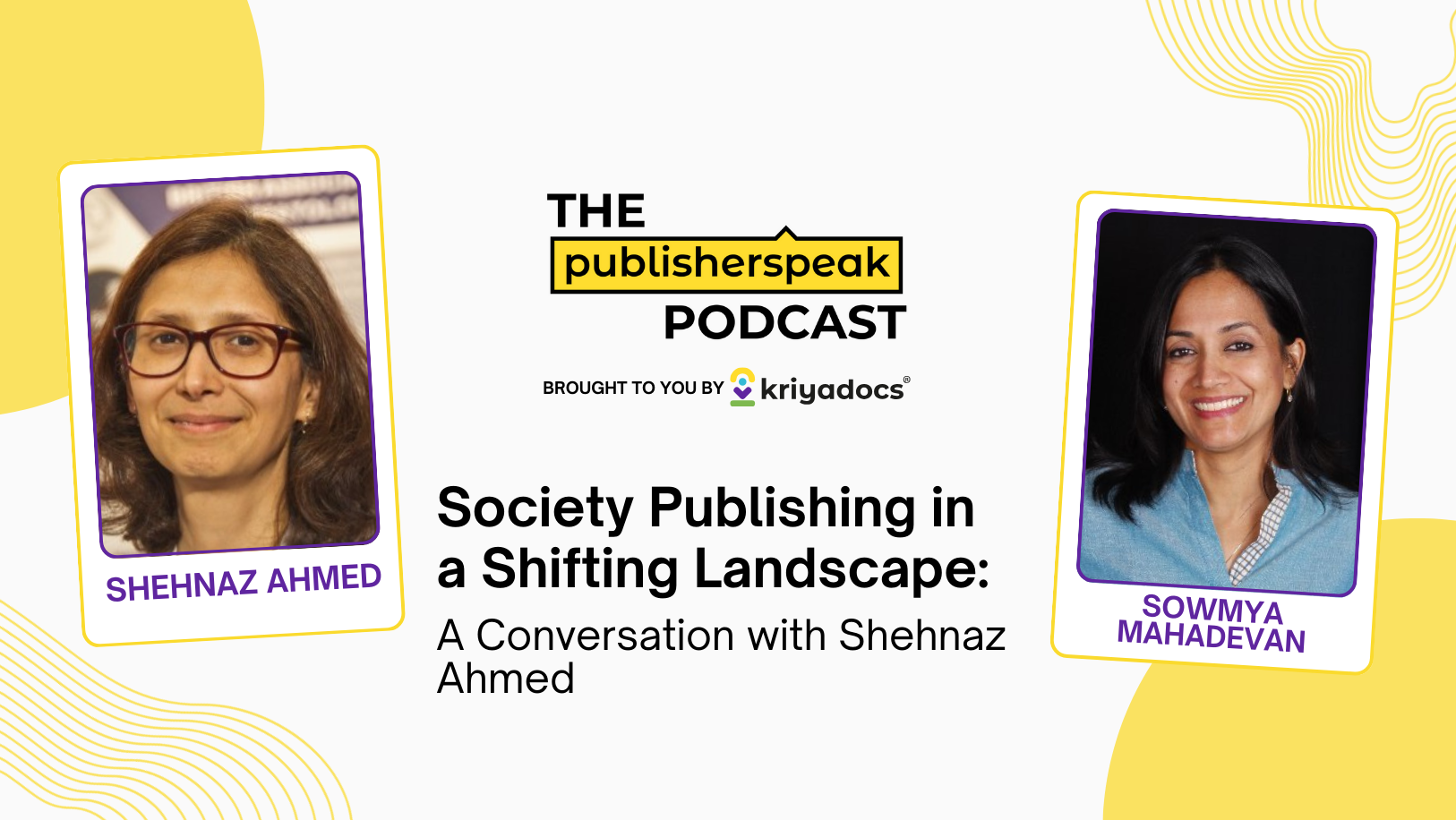By building trust and empowering authors, scholarly publishing has a crucial role in advancing research and shaping public discourse. The industry urgently needs to address research integrity amid pressures to expedite publication and combat research misconduct. Instances of misconduct, including data fabrication and plagiarism, undermine trust in scholarly communication. This erosion of trust poses an existential threat to peer review and publishing. However, to address the root causes of misconduct, it is essential to balance detection tools and preventive actions. There are a few bad actors who willfully engage in fraudulent practices or place their trust in papermills, and we need to build better tools to detect and deter these actors. Meanwhile, there are also many researchers, perhaps unwittingly or inadvertently, who introduce data and content integrity errors due to a lack of experience, training, or confidence in their part in undertaking the scholarly publishing journey. In this latter case, genuine mistakes can be made.
There is a parallel with everyday road rules and speed limits. While there are speed cameras and police traps, the goal is deterrence rather than catching everyone – the latter is impossible. Instead, priority is given to driver education, sensitization, and encouraging people to follow the rules for the greater good. Of course, there are penalties for gross violations, but most of us want to do the right thing, and the threat of being caught provides enough incentive. The solution is to communicate proactively and to provide feedback tools and signals that promote safe driving.
Similar to road safety, in scholarly publishing, a balance between deterrence and education is essential. We must proactively communicate, provide feedback tools, and promote responsible practices. Collaborative efforts are necessary to restore and build trust. Educating researchers and providing tools for responsible research conduct are crucial steps that we need to take.
Publishing remains at the forefront of human progress, as easy access to research and information catalyzes discoveries and broader debate. Our industry was created by researchers for researchers, so the answer to our woes lies in making the researcher’s job easier.
The industry needs to build tools to track and detect papermills and willful misrepresentation. But we also need to build better interfaces that will help authors check their work and prevent unintended errors. Applying automation and AI algorithms can help authors avoid mistakes, demonstrate novelty and relevance, and present themselves optimally when submitting their manuscripts. Finally, the availability of machine-readable data will allow efficient evaluation of journal fit, manuscript format, potential reviewers, and potential editors.
Kriyadocs is committed to collaborating with industry partners on research integrity. We aim to help publishers bridge the gap between promoting research integrity at scale and providing great author experience (AX) for their communities. We strive to collaboratively establish a standard for submissions that prioritizes trust and empowers authors.
Our Value Proposition
We propose to strike a balance between the two extremes. At one end, authors are inundated with extensive and precise guidelines, which makes the submission process tedious. Conversely, we risk adopting an over-simplified submission process with the laudable aim of saving time and improving the author's experience. This process, however, places the burden of evaluating submission quality entirely on the publishing team once the submission has arrived at the journal office.
Our goal is to provide an author-facing solution co-created with publishers that acts as a blueprint for submission-ready manuscripts.
Our solution actively assists genuine authors in making their manuscripts submission ready. Through a user-friendly interface, it will help authors:
· Identify content errors and validate sources
· Highlight potential research integrity issues
· Comply with journal specific guidelines
· Collaborate with co-authors seamlessly
· Submit high-quality manuscripts with ease
Recognizing the importance of seamless interoperability and metadata flow, this solution supports integrations with best-in-class tools and systems, such as SciScore, Crossref Similarity Check powered by iThenticate, data deposits through Figshare and Dryad and more. We are already members of the ORCID Trust Markers pilot program—a community-led initiative that simplifies the author authentication process.
A very key value proposition is the availability of full-text XML at the end of the submission process facilitating the export of JATS packages to major peer review platforms. This capability provides distinct advantages that extend throughout the research dissemination process, notably enhancing peer review. The review process can be vastly improved by presenting necessary evidence and background research for finding candidates to provide fair reviews, while also providing tools for actionable feedback. Quickly identifying and flagging potential conflicts of interest for reviewers and editors is one such use case.
Why Should Publishers be Interested?
For publishers, some of the expected advantages include:
· Enhanced author submission experience
· Comprehensive status/audit reports for each submission
· High quality and increased submissions
· Faster screening time
· Efficiencies resulting from XML-at-submission, such as
- Easier identification of suitable reviewers
- Reduced resubmission/correction cycles
- The ability to publish diverse content types by breaking the manuscript into pieces (for example, publishing negative results, methods, etc.)
· Improved experience for editors and reviewers
· Faster decision timelines
· Improved author loyalty and referrals
· Economic benefits as a result of improved operational efficiency
We expect to offer the following benefits to the publishing ecosystem and the scholarly community at large:
· Protect the reputation of authors and publishers
· Increase the confidence of the community in the content being published
· Enable a positive transformation in the publishing industry by rebuilding trust
We want to shift the narrative from focusing on a reactionary defense to adopting a proactive strategy that nurtures and uplifts high-quality research, fostering an environment where every stakeholder thrives. Building trust starts with empowering credible voices and cultivating a collaborative and supportive publishing ecosystem. We hope for a fantastic publishing experience for all stakeholders involved!
Get early access to Presubmit
Make submission a smooth ride for your authors with Kriyadocs Presubmit. Explore our solution here.









.png)

.svg)
.svg)
.svg)










